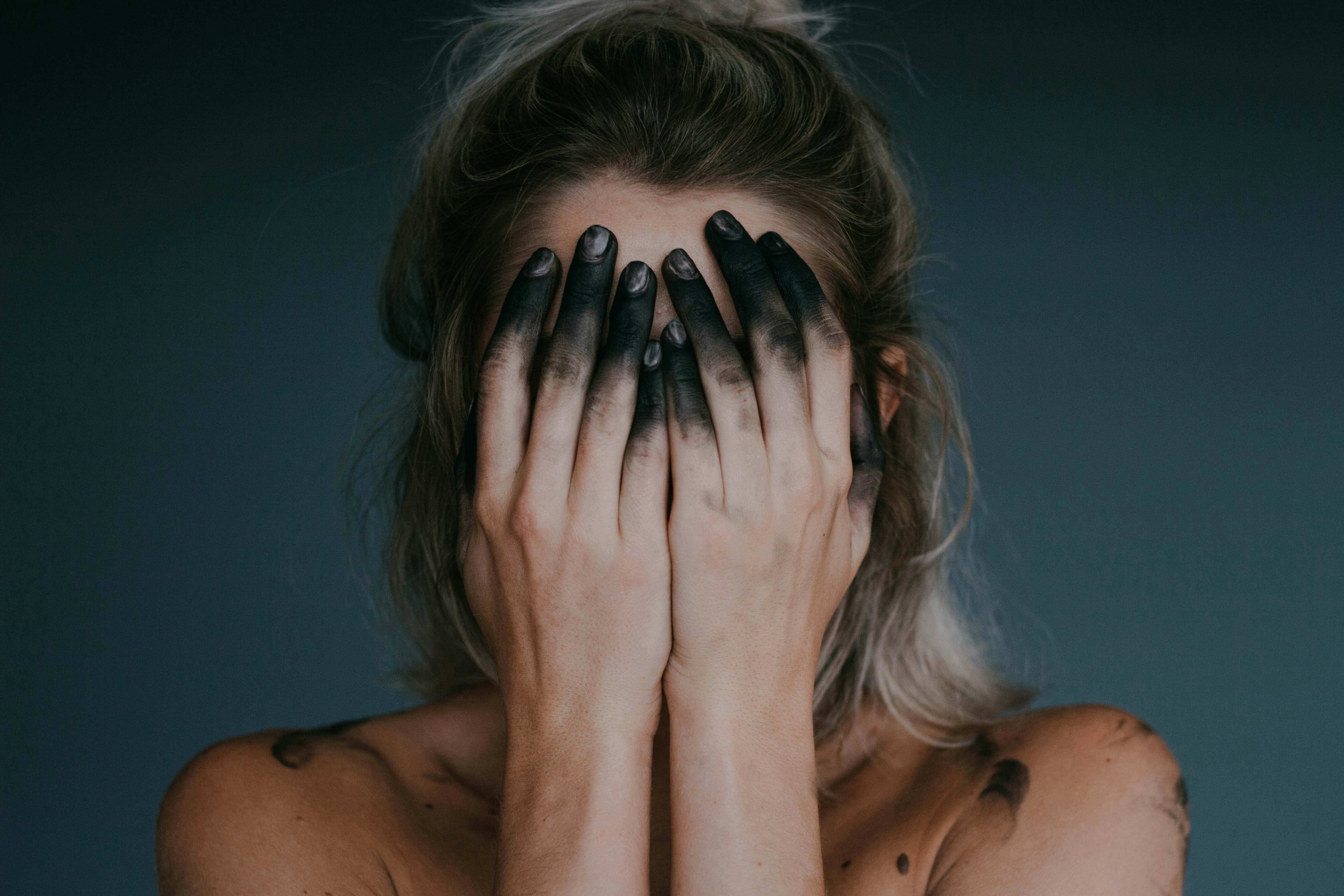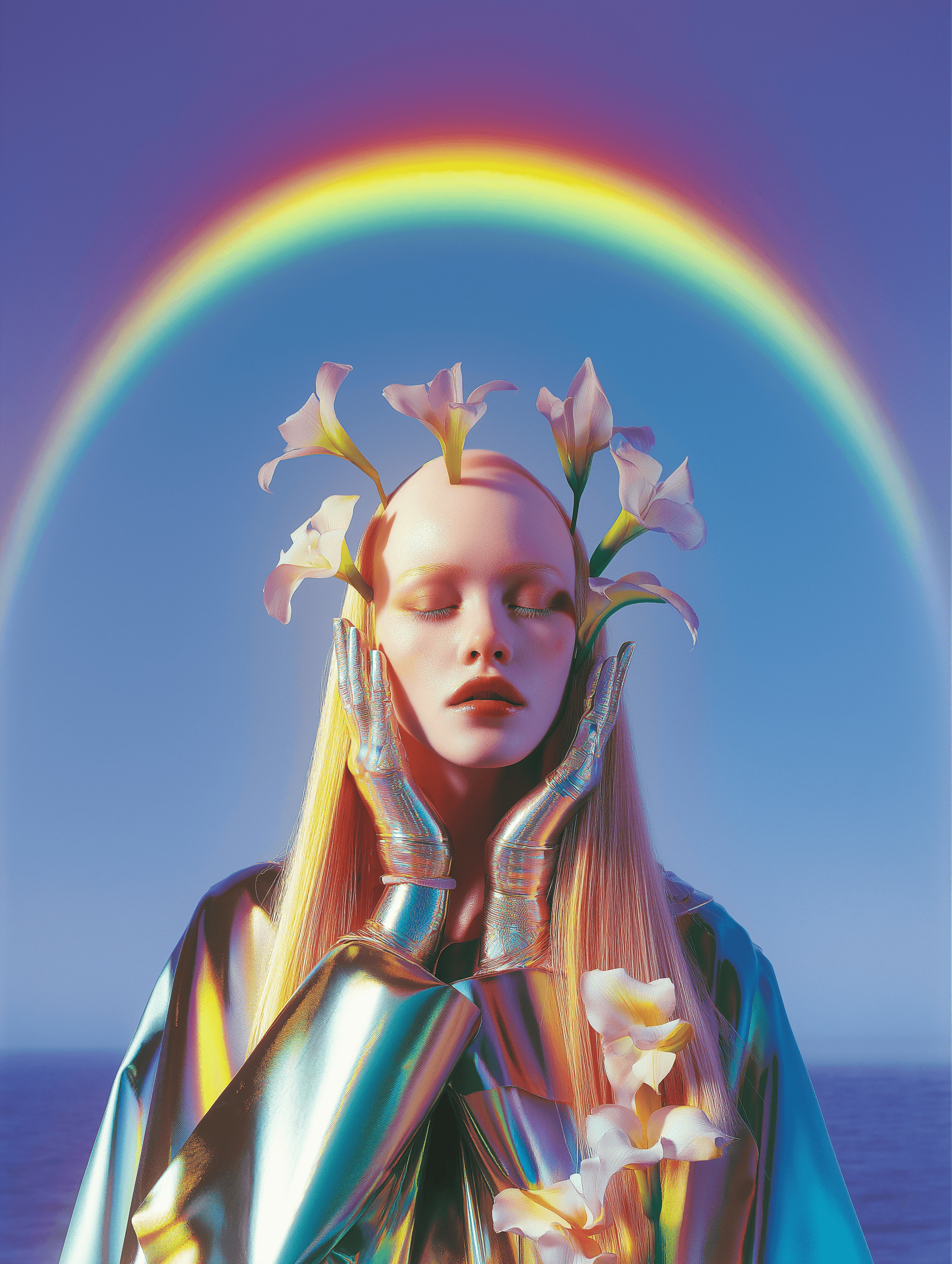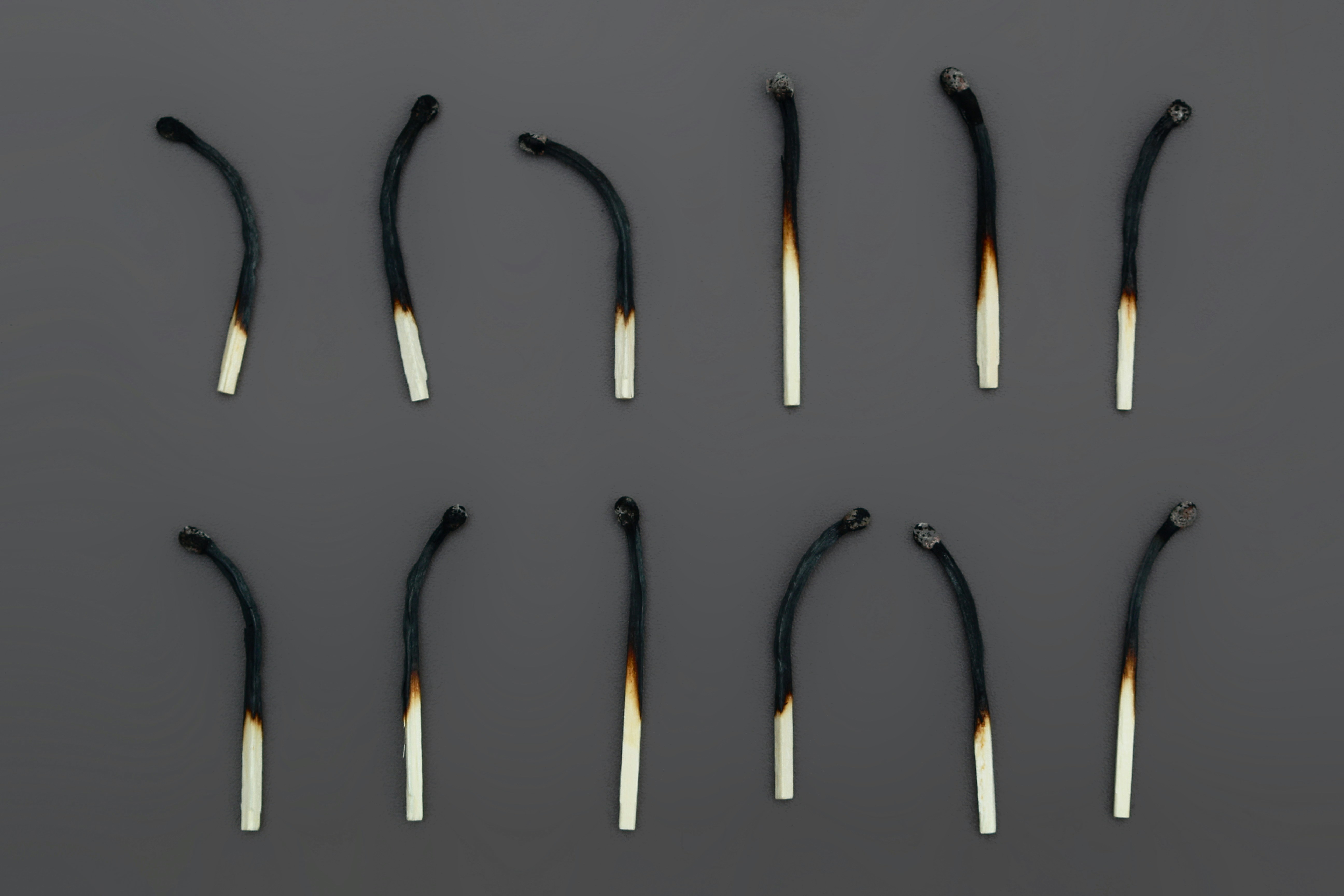How 17 Years of Burnout Pushed Me to Build a Tech Startup
Company
•
Oct 14, 2024


This Is Personal
Hey, this is Esther, Singularity's founder. Nice to meet you.
Lemme tell you that I didn’t start Singularity to disrupt the creative software market for the sake of it. I started it because, frankly, I was done with the creative industry chewing me up and spitting me out.
I’ve been a brand designer for 17 years. Over that time, I collected a whole party bag of mental health issues: exacerbated ADHD symptoms, clinical depression, and anxiety so severe it’d send me into random panic attack mode.
The creative industry didn’t just completely ignore these issues—it made them 500% worse.
The Office Was a War Zone
It’s 7 PM. I’m still at the office staring at a screen that’s glitching out as Illustrator crashes for the fifth time that day. The task list is piling up faster than any Human being can deal with, and the deadline is looming like a French Revolution guillotine.
And amongst it all?
Loud chatter about who hooked up with whom, clients making last-minute edits via 10 different forwarded emails, and people playing bloody ping-pong in the middle of the room adding to the chaos.
Nevermind the endless Slack notifications from PMs, video calls blaring next to me, and the fact that I couldn’t even mourn that my mum was severely sick overseas because, guess what? Deadlines.
😓 Work-Life Balance? Never Heard of Her
I wasn’t even human to them. I was a tool—something to crank out work, day or night, whether I was sick, exhausted, or in the middle of a literal mental breakdown. Zero sleep. Zero time to myself. And it wasn’t just me. I’ve watched brilliant colleagues break down one after the other. I’ve seen people who once loved design start to dread opening their laptop.
The office environment was designed to destroy focus—distractions everywhere and tools that didn’t work for me but against me. I spent more time managing software crashes, filling timesheets, and dealing with missing links and fonts than actually being creative. It was like trying to build a house of cards in the middle of a mosh pit at a Cannibal Corpse concert. On a roller coaster.
💔 A Broken System for Everyone Involved
And let’s not forget the poor clients on the other side. Most of the time they had no idea what they wanted or needed, and neither did the account managers supposed to manage them and brief us.
We were all running in circles, trapped in feedback loops where nothing ever felt done—and every new request was urgent, even when it contradicted the last one.
Clients were never truly part of the process, so every time we presented something, it felt like starting from scratch all over again.
It Was Time to Do Something
This wasn’t what creativity was supposed to feel like. Creativity is supposed to be about flow, about expression, about play, about building something that connects people—not drowning in busy work while your soul slowly withers away.
But the industry? It’s set up to break you. The processes are outdated, the expectations impossible, and the tools we rely on? They’re clunky at best, soul-sucking at worst.
So I built my company, Singularity. But I didn’t build it to add more tools to the pile—I built it because I was sick of the way things were. The industry was making my mental and physical health worse by the second.
💪 Singularity Is MY Answer
It’s about building systems that support creativity instead of draining it. It’s tools that work for you, not against you. It’s software designed to give you the freedom to focus on your work and to keep your sanity while you’re at it.
Singularity Isn’t Just a Tech Startup
I started with branding because that’s where I’ve spent all my career, but it’s going to grow. My goal is to make Singularity scalable across every creative discipline—whether you’re designing fashion, interior spaces, or running a marketing agency. I built Singularity to save us all from burnout and give us back the time and headspace we need to be creative.
It’s not about replacing us with AI—it’s about giving us the space to breathe while the AI takes care of the shitty stuff: the data crunching, the admin, the repetitive tasks. So we can create without breaking ourselves in the process.
A New Way Forward for Creatives
I didn’t set out to create another tech startup, but I set out to solve the real, tangible problems that have been slowly killing me and every other creative out there.
I want Singularity to be a platform where we don’t have to choose between doing what we love and protecting our mental health. It’s time to stop treating creativity like a machine and start treating it like what it really is: Human.
Singularity isn’t just a middle finger to an industry that nearly killed me—it’s the antidote to every chaotic project, soul-crushing revision loop, and existential crisis I’ve ever had.
It’s a full-on rebellion I’ve been building since the day I realised this industry didn’t give a flying f*ck about me—or any of us.
But I Do Care—So Here We Are
Singularity exists because creatives deserve better. If you’re done with the grind that’s been eating you alive, if you’re tired of feeling like a cog in a machine that’s just here to spit out work for someone else’s bottom line, it’s time to fight back.
I’m not letting this industry take us down.
And neither should you.
Related insights
How 17 Years of Burnout Pushed Me to Build a Tech Startup
Company
•
Oct 14, 2024

This Is Personal
Hey, this is Esther, Singularity's founder. Nice to meet you.
Lemme tell you that I didn’t start Singularity to disrupt the creative software market for the sake of it. I started it because, frankly, I was done with the creative industry chewing me up and spitting me out.
I’ve been a brand designer for 17 years. Over that time, I collected a whole party bag of mental health issues: exacerbated ADHD symptoms, clinical depression, and anxiety so severe it’d send me into random panic attack mode.
The creative industry didn’t just completely ignore these issues—it made them 500% worse.
The Office Was a War Zone
It’s 7 PM. I’m still at the office staring at a screen that’s glitching out as Illustrator crashes for the fifth time that day. The task list is piling up faster than any Human being can deal with, and the deadline is looming like a French Revolution guillotine.
And amongst it all?
Loud chatter about who hooked up with whom, clients making last-minute edits via 10 different forwarded emails, and people playing bloody ping-pong in the middle of the room adding to the chaos.
Nevermind the endless Slack notifications from PMs, video calls blaring next to me, and the fact that I couldn’t even mourn that my mum was severely sick overseas because, guess what? Deadlines.
😓 Work-Life Balance? Never Heard of Her
I wasn’t even human to them. I was a tool—something to crank out work, day or night, whether I was sick, exhausted, or in the middle of a literal mental breakdown. Zero sleep. Zero time to myself. And it wasn’t just me. I’ve watched brilliant colleagues break down one after the other. I’ve seen people who once loved design start to dread opening their laptop.
The office environment was designed to destroy focus—distractions everywhere and tools that didn’t work for me but against me. I spent more time managing software crashes, filling timesheets, and dealing with missing links and fonts than actually being creative. It was like trying to build a house of cards in the middle of a mosh pit at a Cannibal Corpse concert. On a roller coaster.
💔 A Broken System for Everyone Involved
And let’s not forget the poor clients on the other side. Most of the time they had no idea what they wanted or needed, and neither did the account managers supposed to manage them and brief us.
We were all running in circles, trapped in feedback loops where nothing ever felt done—and every new request was urgent, even when it contradicted the last one.
Clients were never truly part of the process, so every time we presented something, it felt like starting from scratch all over again.
It Was Time to Do Something
This wasn’t what creativity was supposed to feel like. Creativity is supposed to be about flow, about expression, about play, about building something that connects people—not drowning in busy work while your soul slowly withers away.
But the industry? It’s set up to break you. The processes are outdated, the expectations impossible, and the tools we rely on? They’re clunky at best, soul-sucking at worst.
So I built my company, Singularity. But I didn’t build it to add more tools to the pile—I built it because I was sick of the way things were. The industry was making my mental and physical health worse by the second.
💪 Singularity Is MY Answer
It’s about building systems that support creativity instead of draining it. It’s tools that work for you, not against you. It’s software designed to give you the freedom to focus on your work and to keep your sanity while you’re at it.
Singularity Isn’t Just a Tech Startup
I started with branding because that’s where I’ve spent all my career, but it’s going to grow. My goal is to make Singularity scalable across every creative discipline—whether you’re designing fashion, interior spaces, or running a marketing agency. I built Singularity to save us all from burnout and give us back the time and headspace we need to be creative.
It’s not about replacing us with AI—it’s about giving us the space to breathe while the AI takes care of the shitty stuff: the data crunching, the admin, the repetitive tasks. So we can create without breaking ourselves in the process.
A New Way Forward for Creatives
I didn’t set out to create another tech startup, but I set out to solve the real, tangible problems that have been slowly killing me and every other creative out there.
I want Singularity to be a platform where we don’t have to choose between doing what we love and protecting our mental health. It’s time to stop treating creativity like a machine and start treating it like what it really is: Human.
Singularity isn’t just a middle finger to an industry that nearly killed me—it’s the antidote to every chaotic project, soul-crushing revision loop, and existential crisis I’ve ever had.
It’s a full-on rebellion I’ve been building since the day I realised this industry didn’t give a flying f*ck about me—or any of us.
But I Do Care—So Here We Are
Singularity exists because creatives deserve better. If you’re done with the grind that’s been eating you alive, if you’re tired of feeling like a cog in a machine that’s just here to spit out work for someone else’s bottom line, it’s time to fight back.
I’m not letting this industry take us down.
And neither should you.


